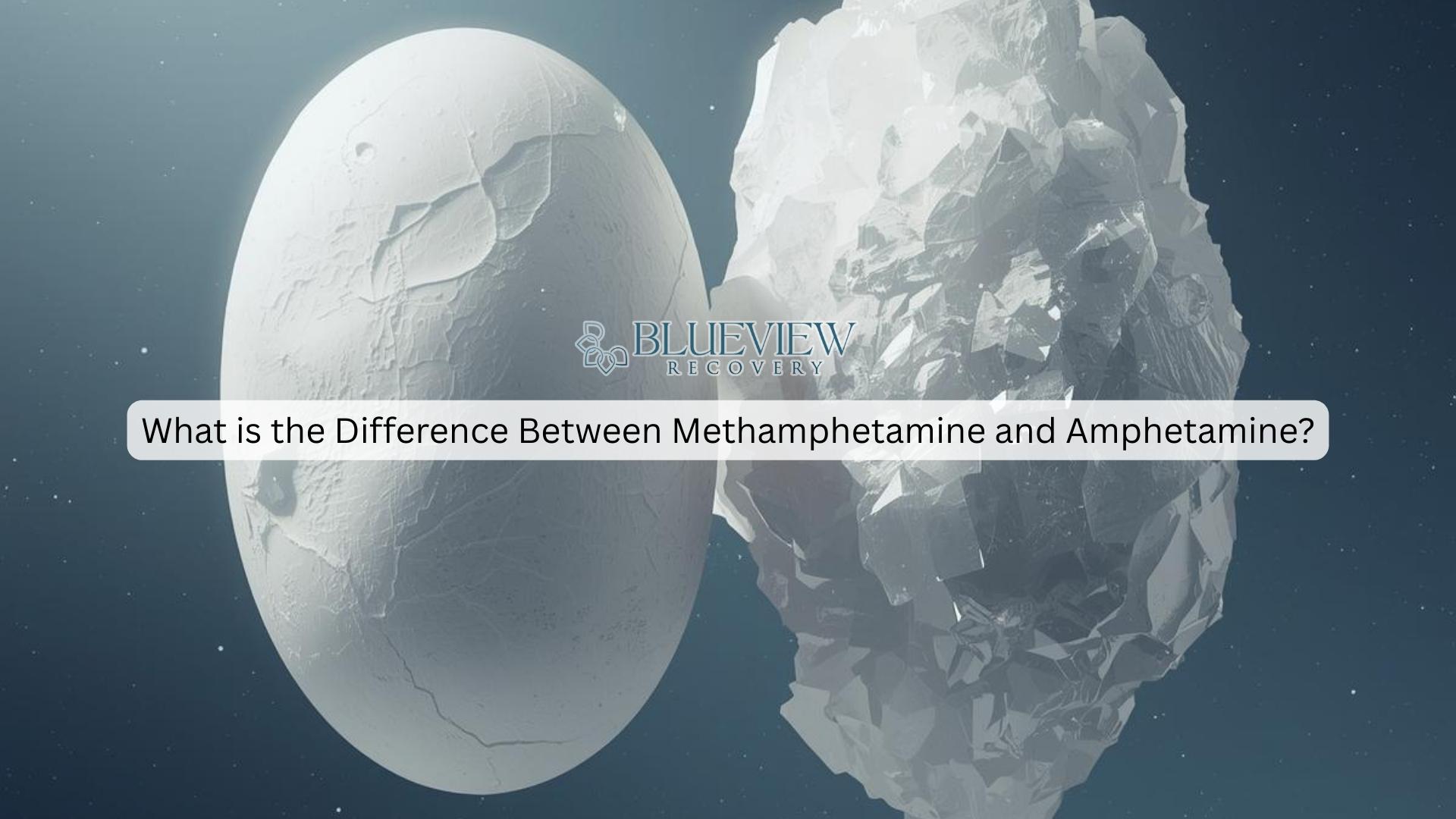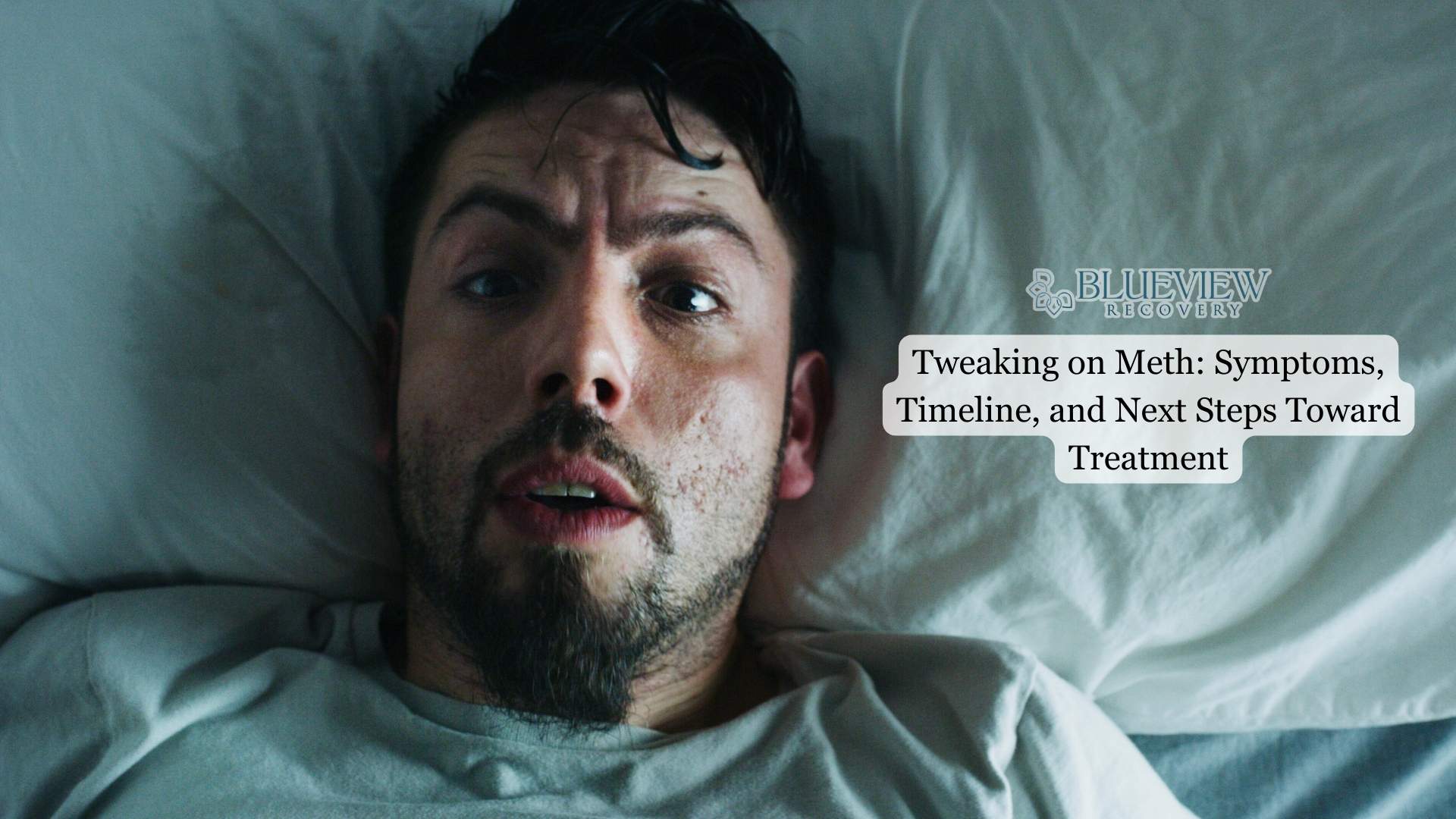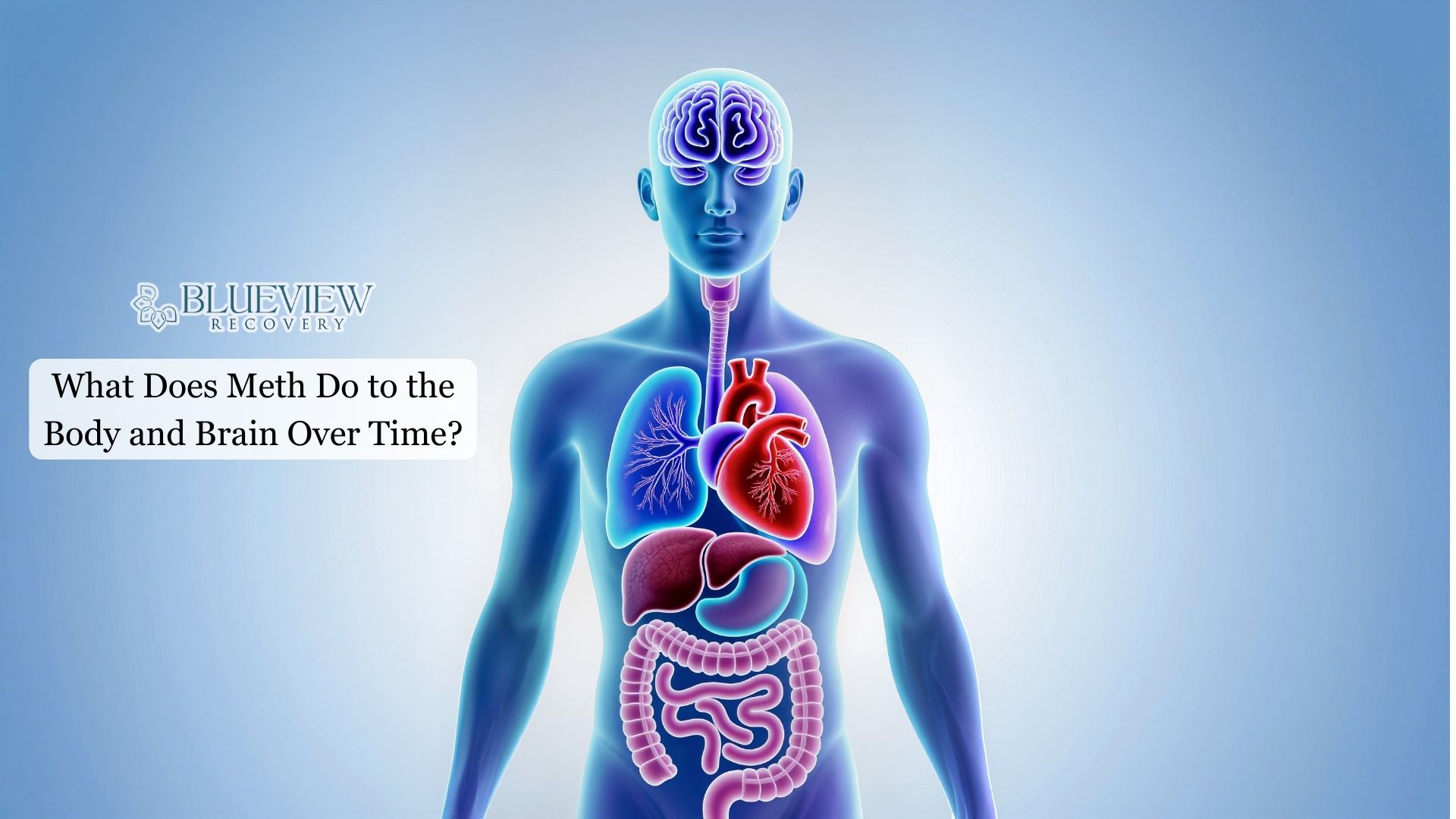Overcoming a primary addiction is a major accomplishment, but many individuals in recovery face the risk of developing substitute addictions – replacing one compulsive behavior or substance with another. Understanding what substitute addictions are, why they occur, and how to avoid them is crucial for maintaining long-term sobriety and building a balanced, healthy life.
This article will highlight the common substitute addictions those in recovery should be aware of and how they could hinder their sobriety efforts.

What are Substitute Addictions?
Substitute addictions, also referred to as addiction replacement or cross-addiction, happen when people in recovery switch their primary addiction to another compulsive behavior or substance. These substitute addictions frequently arise as the brain, deprived of the dopamine surges caused by drugs or alcohol, searches for new sources of pleasure and relief.
Although these new habits may initially appear less harmful, they can become just as disruptive and unhealthy as the original addiction, resulting in emotional distress, financial problems, and strained relationships. Understanding the fundamental difference between a habit and an addiction is crucial when identifying substitute behaviors—what might seem like a harmless new habit could actually be developing into a new addiction if it involves compulsive engagement despite negative consequences.
Substitute addictions usually occur when the underlying emotional needs or unresolved issues that drive the original addiction are not addressed.
Why are Substitute Addictions Harmful?
Substitute addictions can be just as destructive as the original substance use disorder, trapping you in a vicious cycle of compulsive behaviors that hinder your recovery.
When you’re simply trading one addiction for another, you’re not addressing the underlying cause of your addictive tendencies.
These substitute addictions often co-occur with mental health disorders, leading to a complex interplay of emotional and psychological challenges.
Just like with addictive substances, engaging in compulsive behaviors can provide temporary relief but ultimately prevents you from addressing your true emotional or psychological needs.
Addiction treatment programs, like the one we provide here, stress the significance of recognizing and handling substitute addictions to guarantee lasting recovery. If these patterns are not addressed, people may have difficulty developing healthy coping strategies and attaining emotional abstinence, which can ultimately hinder their progress in recovery.
Behavioral Addictions
Behavioral substitute addictions involve replacing a substance addiction with a compulsive behavior that stimulates similar brain reward pathways. These behaviors, although potentially harmless in moderation, can become detrimental when used excessively to manage stress, anxiety, or emotional gaps.
Gambling
Gambling triggers the brain’s reward system similarly to substances like drugs and alcohol, offering a fleeting feeling of escape or exhilaration. However, this replacement addiction can rapidly escalate into destructive habits, including pursuing losses, raising stakes to maintain the rush, and disregarding obligations or relationships.
Mental distortions such as the gambler’s fallacy and the illusion of control further reinforce the addiction cycle, making it challenging for individuals to quit despite severe financial and emotional repercussions.
Exercise Addiction
Exercise is generally beneficial for physical and mental health, but it can become compulsive when used as an emotional escape or to achieve a sense of control. This addiction may lead to overtraining, physical injuries, social isolation, and neglect of other responsibilities or relationships.
This behavior is particularly common in those with a history of an eating disorder, where compulsive exercise may be used to control weight, manage anxiety, or counteract feelings of guilt associated with food intake. The dopamine release and sense of accomplishment from exercise can reinforce the behavior, making it difficult to moderate.
Compulsive Spending
Shopping can trigger the release of dopamine in the brain, leading to a fleeting feeling of enjoyment or respite. However, this short-lived pleasure is frequently followed by feelings of remorse, economic hardship, and regret.
Compulsive buying habits, if left unchecked, can result in substantial debt, damaged relationships, and a decline in mental health over time. This addictive behavior often serves as a coping mechanism for underlying emotional challenges, such as poor self-image or unaddressed trauma.
Sex and Pornography
Compulsive engagement in sex or pornography can lead to negative consequences, including strained relationships, reduced productivity, and feelings of shame or isolation. Over time, individuals may require increasingly intense stimuli to achieve the same level of satisfaction, further reinforcing the addictive cycle.
Addressing this compulsive behavior involves recognizing its emotional triggers and implementing strategies to foster healthier intimacy and coping mechanisms.

Substance-Based Substitute Addictions
Substance-based substitute addictions happen when addicts are replacing one substance for another. This often occurs during addiction recovery or because of changes in availability, cost, or perceived safety of the original substance.
Nicotine
Nicotine can serve as a substitute addiction when used to replace other addictive substances, offering temporary pleasure or stress relief by stimulating the brain’s reward system. However, nicotine dependence is highly addictive, sharing characteristics with other substance addictions, including cravings, withdrawal symptoms, and difficulty quitting despite negative consequences.
Smokers may also have a higher risk of developing co-occurring mental health disorders like anxiety and depression, which can hinder overall recovery efforts.
Caffeine
As a stimulant that affects the central nervous system, caffeine boosts dopamine activity and offers short-term alertness and concentration, making it a tempting option during recovery or times of stress. However, consuming too much caffeine can result in dependency, with withdrawal symptoms like headaches, irritability, and fatigue encouraging continued use.
Although caffeine is typically viewed as less damaging than many other substances, excessive use can lead to adverse effects such as anxiety, insomnia, and heart problems.
Sugar
Consuming sugar activates the brain’s reward system, triggering the release of dopamine and providing a fleeting sense of pleasure or relief. With repeated exposure, this can lead to compulsive consumption and dependency, characterized by cravings and withdrawal symptoms such as irritability or fatigue, which reinforce the addictive cycle.
Excessive sugar intake is associated with negative health consequences, including obesity, diabetes, and cardiovascular disease.
Final Thoughts from Blueview Recovery
Remaining sober long-term and creating a healthier, more balanced life in recovery requires avoiding new addictions. It’s essential to recognize the risks of cross-addiction and address the underlying emotional or psychological triggers to stay on the path of recovery. Our Intensive Outpatient Program (IOP) at Blue View Recovery in King of Prussia, Pennsylvania, offers the tools and support necessary to navigate these challenges and build up the willpower to stop replacing one addiction with another.





